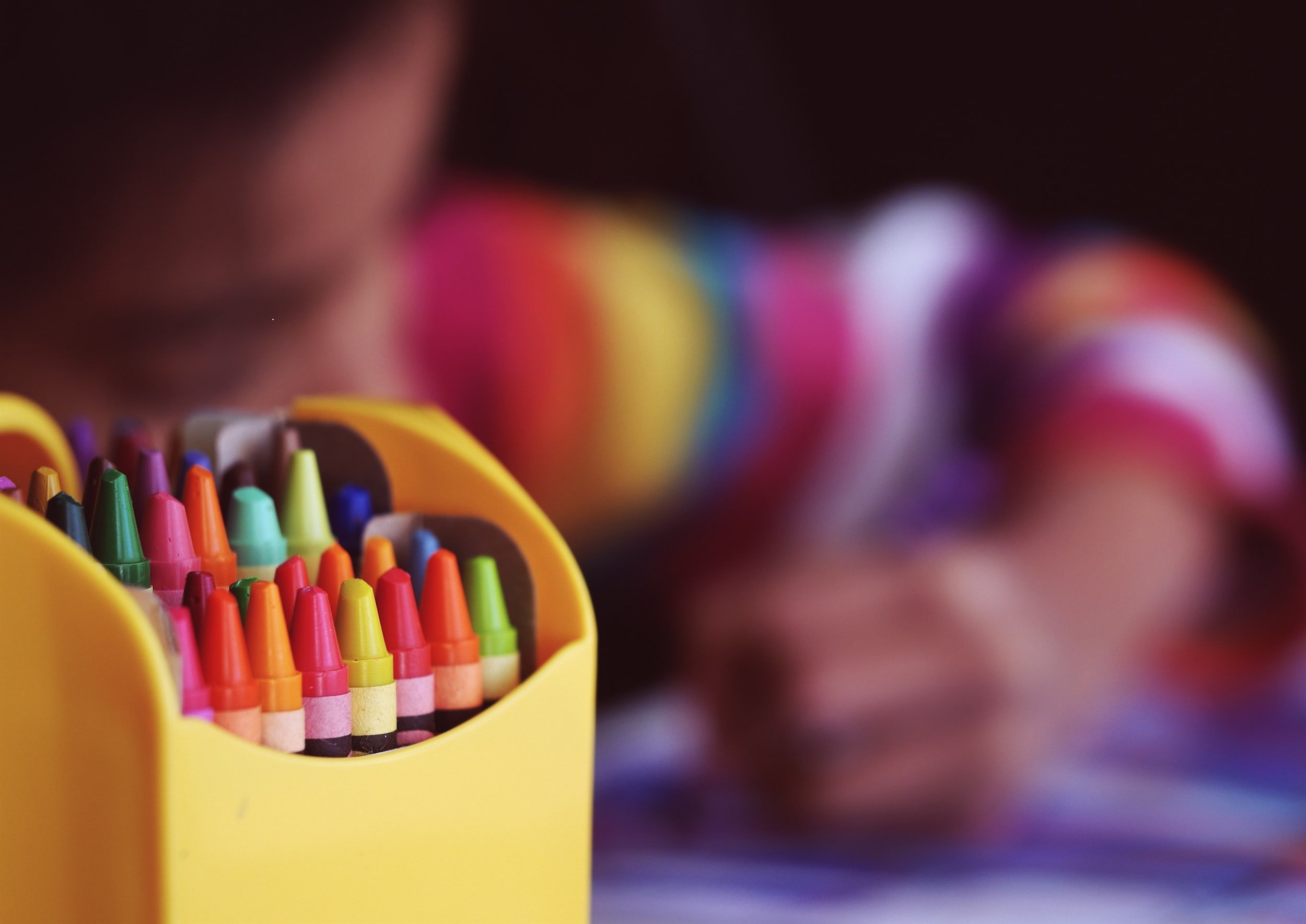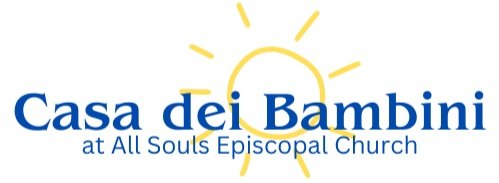
Our Programs
Toddler Program: 18 months to 3 years
Casa dei Bambini has been nurturing and educating young minds for over 25 years. Our longstanding commitment to Montessori education ensures a rich and authentic learning experience for all our students.
Our Lead Teachers:
Hold a minimum of a Bachelor's Degree
Possess Montessori certification from either the American Montessori Society (AMS) or the Association Montessori International (AMI)
The Toddler program serves children ages 18 months to 36 months. Amid the fast pace of daily life, we have created a nurturing, unhurried place where your child can come and spend part of their day. Our program is in touch with a toddler’s curious and independent nature, supporting their intrinsic quest for autonomy. The toddler teacher is the connector to the environment, the observer and guide to self-discovery. The classroom has one Montessori Toddler trained teacher and one assistant teacher.
Our Toddler Program offers children and families a collaborative beginning in the Montessori experience. A low student-teacher ratio in our Toddler classroom helps to bridge the child’s transition from home to school. Children are provided with an opportunity to explore new relationships with friends and to interact with adults in a loving and nurturing environment. As part of their early Montessori experience, toddlers are introduced to age-appropriate Montessori materials and invited to make choices from a variety of activities that support their developmental interests and needs. The toddler’s strong sense of autonomy is encouraged and self-esteem is enhanced through social and learning experiences. Toddlers enjoy music and movement within the classroom curriculum. Snacks and outdoor play are a part of the daily routine. The toddler need not be toilet-trained since this is often a part of toddler development. Addi tionally, the school and home partnership is formed assisting the toddlers as they embark on their first school experience.
Information on reporting educational misconduct
Primary Program: 3 to 6 years
A child’s first experience of school sets the tone for years to come. Children love to learn, and from the earliest age do so through their senses. They touch, feel and explore everything in their world.
The Montessori Education system builds on this innate instinct, and makes each child’s first days in school a process of increasingly focused discovery. This lays the groundwork for the more rigorous learning experiences that will come later.
Simply put, the goal of the Primary years are to help each child fall in love with learning.
Exercises in practical life, language development, mathematics, geography, history, biology, music, art and yoga are offered. Each child is shown how to use the Montessori materials, and the self-correcting quality of the work chosen enables each to participate as his or her own teacher. Meanwhile guided repetition helps each child focus and gain greater confidence in his or her abilities.
Gradually a sense of independence emerges and the delight that comes with knowing "I can do it by myself."
Beyond schoolwork, these early years are also a time when children learn to create loving and respectful bonds among themselves. Throughout their education at CDB children will remain with the same teacher in each level (ages 3-6, 6-9, and 9-11) for a period of three years. This continuity fosters supportive and enduring relationships with each other.
Elementary Program: 6 to 12 years
From the age of 6 the child builds a new and challenging world on the foundation laid during primary school. The children are ready to move from the facts they so readily accepted and now want to question. These questions ignite the child to further research, produce written work, and expand artistic expression.
The goal now is to set the habit of lifelong learning.
In this time children begin to explore the Five Great Lessons that are at the heart of Montessori education. The lessons are The Story of the Creation of the Universe; The Coming of Life; The Story of Humans; the Story of Language, and the Story of Numbers.
Within the structure of these large topics, all traditional subjects are covered: math, sciences, languages, history, culture, geography, music and art. The Great Lessons themselves offer an opportunity for children to see that all areas of learning are interrelated, and, more important, that humans in general live in a complex and wonderful universe.
Children are encouraged at every turn to use their imaginations, to explore their subjects fully and to work collaboratively with each other.
Learning at Casa dei Bambini Montessori does not happen in a vacuum, nor is the Montessori approach at odds with the ideal of a balanced and effective preparation for life. Our teachers are continuously conscious of the need to ensure that we prepare students to meet state standards in education. But even within a framework of academic rigor, our focus remains on the needs of the child. The state, the school and the teacher may set the standard, but the child sets the pace.
